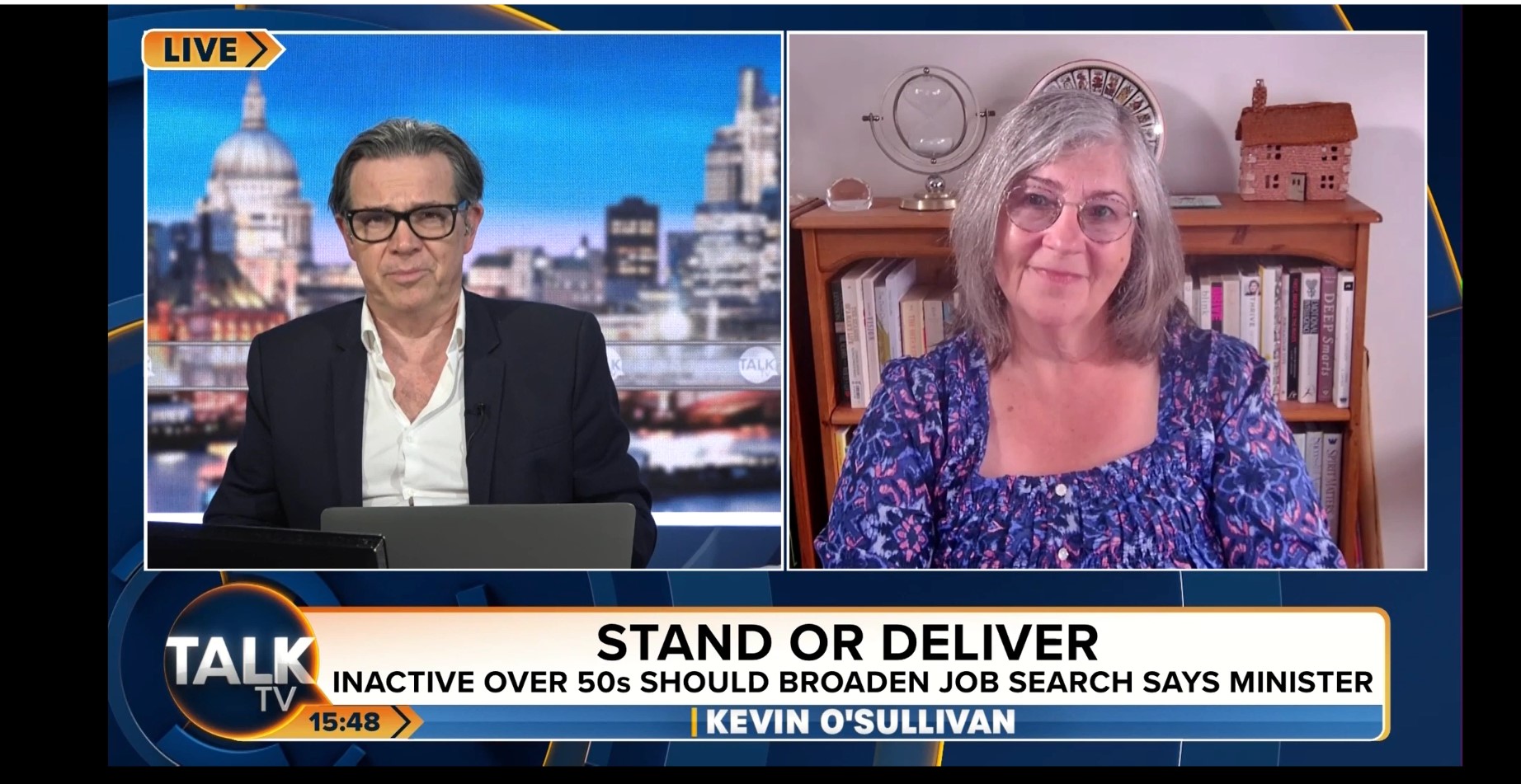Christmas, a time of good cheer and we meet up with family and friends. This is meant to be a time of fun, but it can also be stressful, particularly when the conversations turns to our search for employment.
You know that questions will be asked, people will want to know how your job search going.
Like your job search, it helps to plan and to decide what you want to share. You can anticipate questions like you anticipate questions at an interview and work out a good response.
Typical questions people ask include
-
What are you doing?
You don’t have to say you are unemployed, that’s not what you are doing! You can focus more on how you are, for examples researching the renewable energy market, or focus more on a personal goal such as ‘I’m making sure I don’t overeat on all this good food, I want to keep the weight I’ve worked so hard to lose off’.
-
You still don’t have a job?
You could take this as challenging, they are accusing you of poor job search technique, so reframe it and assume it was meant more sympathetically, they are looking to find out how they can help you. So you can respond by saying something such as
- Yes, I’m still looking for a job, it’s tough, do you know anyone who may know about any finance vacancies or
- Yes, still looking for a job, it’s tough, I’m really interested in talking with people who work at John Lewis, do you know anyone who works there?
-
Why is it taking you so long to get a job?
You decide how much you want to share. Those close to you probably already know what you have been doing, so for others you could opt for something more general such as
- It can take 6 months or more to find a job, but I’m using this time to learn advanced Excel and I’m confident I’ll be successful soon
Or
- I had a job offer but between then and starting the company went bust, that was hard, but I’m still talking with people to help find new opportunities.
Don’t allow it to become an interrogation, if it’s quite a large party you can move away to get a drink or ask them how their life is. If you are feeling a bit mean you could always ask if they are still in that job, with the emphasis on the word still, as if they are missing out from not progressing.
You could tell them what you have been doing – how you have revised your CV, got a great LinkedIn profile, done some online training … but you don’t have to tell them anything. Never feel that you have to respond or say anything that you don’t have to. And if they try and dig further just repeat what you have already said, or you could turn the questions onto the other person. Ask them what they see as your strengths, ask them what careers they think would suit you, get some new ideas.
Take control
- There’s nothing to be embarrassed about, many people are out of work
- Be ready to tell people of your career plan, and your career objective
- Tell them the type of organisation you want to work for and ask if they know anyone who works there
- You could also turn it into a fact-finding interview, and ask people about their job, who knows you may be able to do some work shadowing with them.
Brought to you by Denise Taylor – One of the top UK career strategists, Denise Taylor, www.AmazingPeople.co.uk is a double award winning career coach who specialises in career and job search coaching. Her books include ‘Find Work at 50+’ and Now You’ve Been Shortlisted.’ Denise is regularly featured as an expert in the media including The Times, The Sun, Esquire.
When you are unsure of your career future, need help with job search or seek to improve your presence in an online world, Denise can help.
A version of this article first appeared here.





